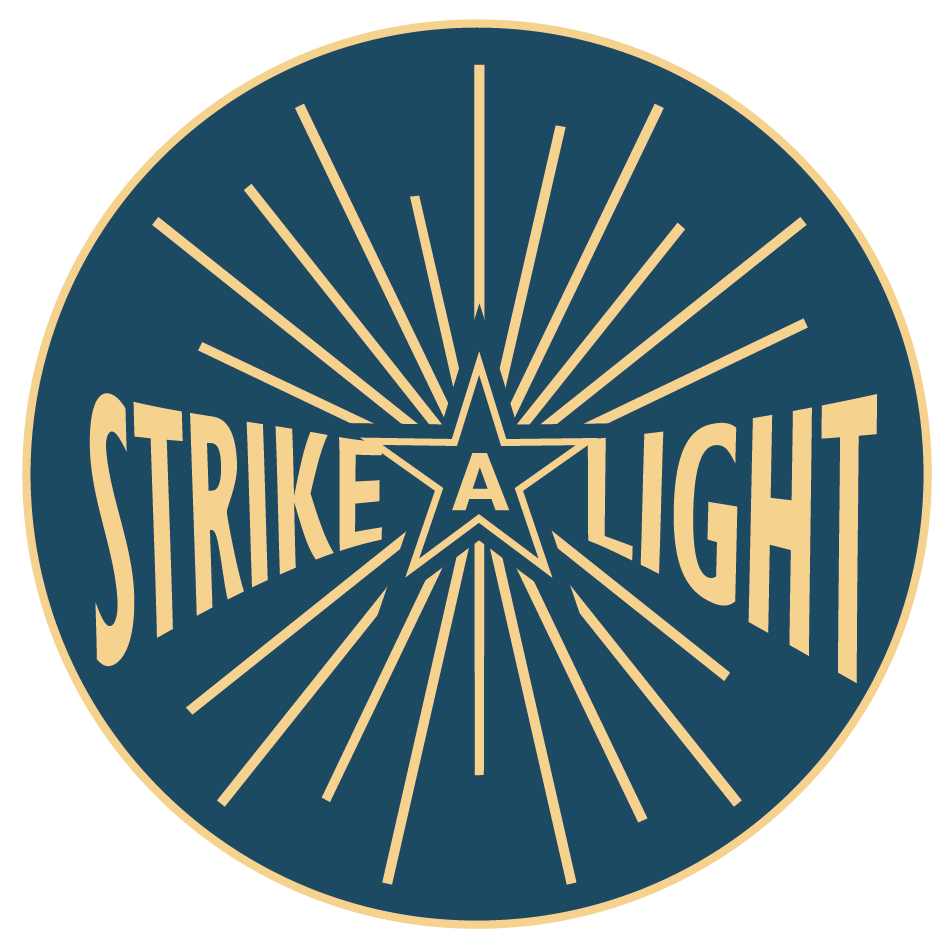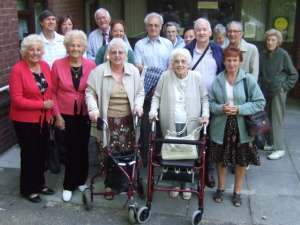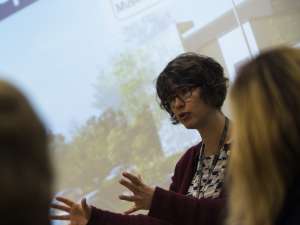Description
Exploring Oral History – An Online Introduction to Theory, Best Practice and Developing a Project
Training course
A four-week online oral history course. Dates to be confirmed.
Session breakdown:
- Workshop One: What is Oral History? Theory and Method
- Workshop Two: Ethical concerns: informed consent, research responsibility and legal requirements
- Workshop Three: Oral history interviewing and best practice
- Workshop Four: Transcriptions, partial transcriptions, summaries and creating an archive
Strike a Light – Arts & Heritage will be providing support to course participants between each weekly workshop.
Lots of ideas to go away and research – good to meet others and share experiences and ideas. I feel more confident to go away and plan some reminiscence activities. I have more insight into the benefits and what’s involved.
– Course participant
We are also happy to offer post course help and consultancy as an extra to this training. If so, please get in touch. We are happy to help with any of the following:
- Starting up an oral history project
- Advice on funding applications and equipment
- Oral history training
- Oral history editing
- School oral history projects
- Making personal or family recordings
Course Structure

There will be a short extra 30 minute session on 2nd March 2022 to cover introduction to course software and the online technology.
Workshop One: What is oral history? Theory and Method
In this first workshop we will explore what is meant by oral history, both in the academic and community heritage arenas, and determine the criteria for best practice. We will evaluate the strengths of oral history as a research method along with any potential problems that should be considered. We will examine how to begin to develop an oral history project and ask the questions that will elicit the richest responses.
Workshop Two: Ethical concerns: Informed consent, research responsibility and legal requirements
In this workshop we will learn the importance of taking an ethical approach when conducting oral history interviews. We will examine what is meant by informed consent, how best to achieve this and who we have a responsibility to in our research.
Workshop Three: Oral history interviewing and best practice In this workshop we will look at the practical issues related to oral history interviewing. We will assess what to consider before arranging an interview and how to set one up. We will look at what makes a good question, what to avoid and how to use an interview guide. We will study the technical aspects of interviewing and how to make the most out of recording equipment. We will examine what to do immediately after an interview, including backing up audio files safely and securely. By the end of this session participants will be able to practice interviewing and recording in order to prepare to engage in an oral history project.
Workshop Four: Transcriptions, partial transcriptions, summaries and creating an archive
In this final workshop we will cover what is expected when recording oral histories in terms of preservation, accessibility and making use of the collected data in order to share our findings. We will examine how to produce an interview transcript or partial transcript; what to include and what to leave out. We will also study the importance of an interview summary and how to save and catalogue audio files for archival purposes. We will examine how to make sense of the oral histories we have collected using narrative analysis and share what we have collected in terms of exhibitions, websites, books, and other forms of dissemination practice such as theatrical outcomes.
Benefits of the Course
This course is useful for those interested in gaining new skills in oral history, or for those wanting to expand existing skills in this area.
We will support you to learn how to:
Start up an oral history project * Advice on equipment * Recording an Oral History * Oral history editing * Setting up oral history projects * Making personal or family recordings * Compile an interview question sheet * GDPR * Ethics and more…
What you will achieve
Through this course you will achieve a variety of new skills in:
* Recording an oral history * How to understand the complete process for setting up and achieving your oral history, or oral history project * How to develop a good quality recording * How to create accompanying resources and paperwork to industry standard.
Group Bookings
We are also happy to provide tailor made training specifically for your groups in a location of your choice or online.
If you have ideas about specific training for your staff and volunteers or your own professional development then we can help you to create the perfect course for your team.
To discuss your learning requirements, please contact us.
Bespoke Courses







